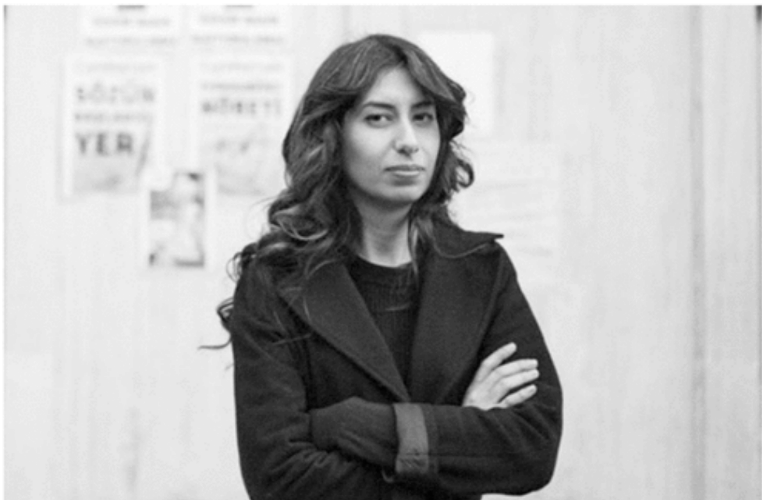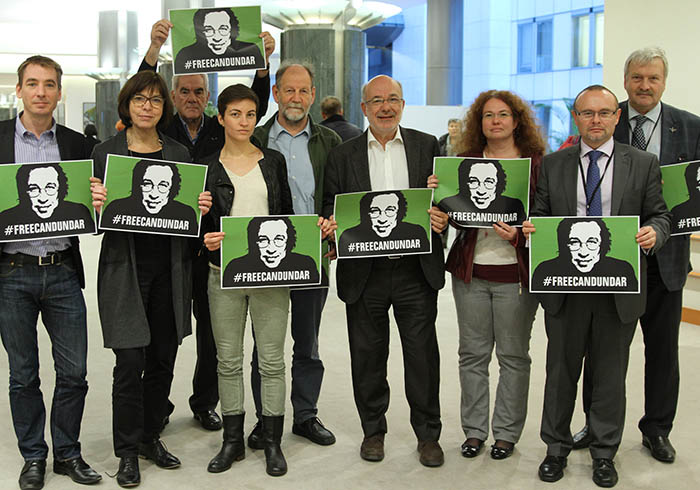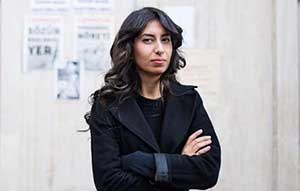[vc_row][vc_column][vc_custom_heading text="В преддверии выборов в Мексике в следующем году, в рамках специального расследования для «Индекса», Дункан Такер анализирует угрозы журналистам за последнее десятилетие. "][vc_single_image image="100947"...

Некогда бояться
read more


